Running for President of the United States is an extremely difficult endeavor that puts a candidate under such a microscope that any indiscretion or past mistake is certain to come under public scrutiny. Even with all the obstacles in the way of candidates, the great power that the office presents entices plenty of candidates that look unlikely to win the presidency. Some candidates managed to beat all odds and win the presidency; others were able to rise to great heights in the polls only to see their candidacy come to its inevitable end. Here are the top ten presidential campaigns who won or did better than expected.
10. Jesse Jackson, 1988
After his largely unsuccessful previous run for president, Jesse Jackson managed to be a major factor in the 1988 Democratic primary. Although he did not win the nomination, Jackson won eleven contests, including seven primaries: Alabama, the District of Columbia, Georgia, Louisiana, Mississippi, Puerto Rico and Virginia. He also won four caucuses: Delaware, Michigan, South Carolina and Vermont. There are numerous reasons why Jesse Jackson’s campaign for the presidency was an afterthought at the beginning of the 1988 election. It is an understatement that being an African-American immediately put him at a disadvantage, especially in 1988. Jesse Jackson’s lack of governing experience was also a detriment to his campaign, along with trivial matters that were brought to the surface, like his half-brother’s criminal past. Despite all this, Jackson was able to create a “Rainbow Coalition,” supporters made up of African Americans, Hispanics, Arab Americans, Asian Americans, Native Americans, family farmers, the poor and working class, homosexuals, and even white progressives. Despite not winning, Jesse Jackson received nearly 7 million votes in the primary elections.
9. Jimmy Carter, 1976
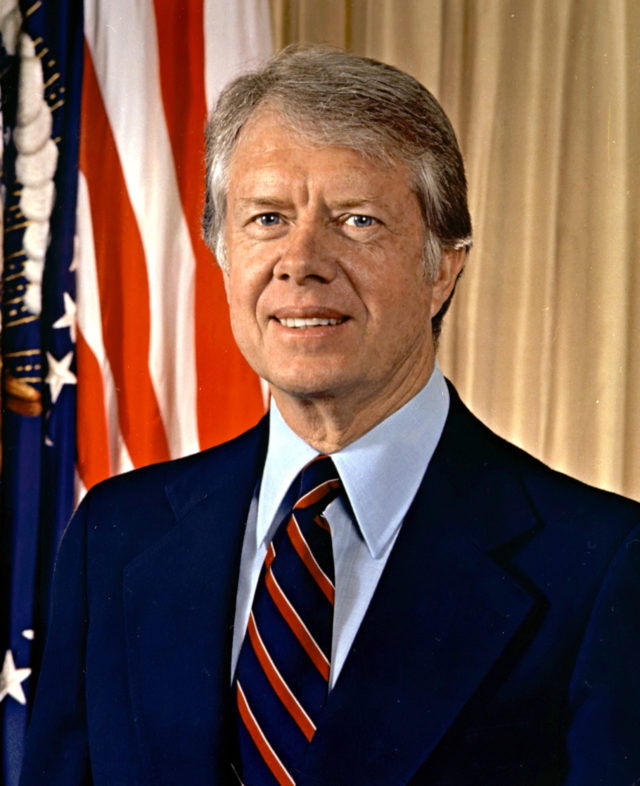
One of the most surprising and, in the end, successful candidates on our list is Jimmy Carter. During the late 1970s, the Democratic Party was in a flux due to the efforts of Republican campaign manager, Lee Atwater, and the “Southern Strategy.” Political pundits believed that better known candidates in the Democratic Party were poised to win the party’s election, candidates like Senator Henry M. Jackson, Governor George Wallace and Governor Jerry Brown. However, the outbreak of the Watergate scandal allowed Jimmy Carter to use his outsider status to his advantage. The former state senator and Governor of Georgia furthered his message of reform and oversight, gaining popularity with the public. As Jimmy Carter managed to distance himself from his rivals over the course of the long primary season, an “ABC” movement (Anybody But Carter) developed, but the former Governor of Georgia was able to overcome this hurdle as well and win the party’s nomination and the presidency.
8. Rutherford B. Hayes, 1876
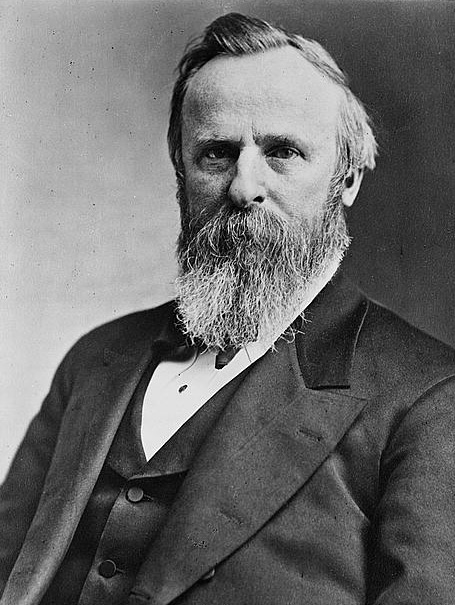
One of the most controversial and surprising results on our list is the election of Rutherford B. Hayes in 1876. A favorite son of the Republican Party, Hayes was nominated for Governor of Ohio by the state senate and won the general election by a 5,544-vote majority. His great success as a governor made him a favorite to win the Republican nomination. With the nation still splintered from the Civil War and the economy struggling, Tilden, the Democratic nominee secured nearly all the electoral votes from the Southern states, and northern states like Maryland, Connecticut and New Jersey. However, three days after the election, Tilden was one electoral vote short of a majority while Hayes was 19 votes short. Both candidates claimed the remaining electoral votes from states where the vote count was still in doubt: Florida, Louisiana, and South Carolina. Fraud by both parties rendered the vote counts in those states as illegitimate and thus a special committee was formed to determine the winner of the election. The result of the committee was the election of Rutherford B. Hayes as President of the United States and the end of Reconstruction in the South.
7. James A. Garfield, 1880
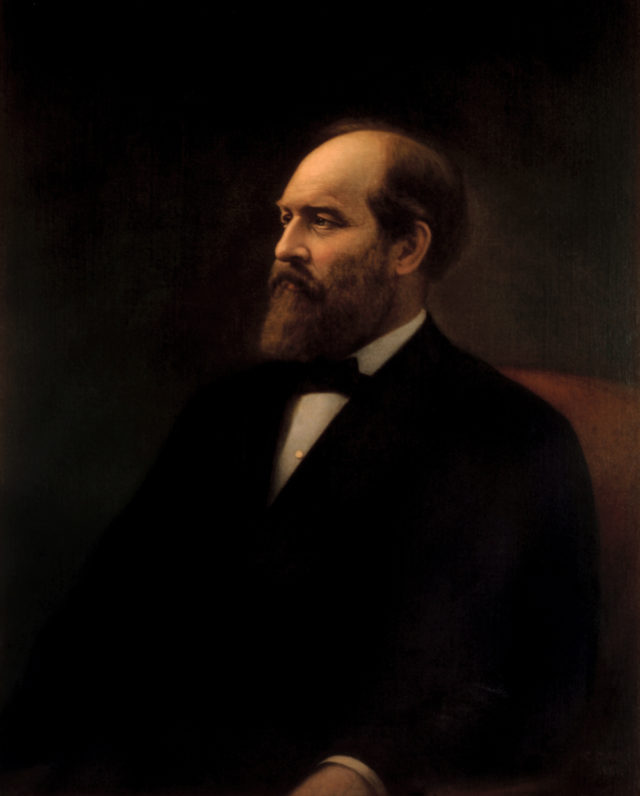
One of the most tragic cases on our list is that of our 20th President of the United States, James A. Garfield. A major general in the Union Army, Garfield had many accomplishments in his short term as President, including fighting against corruption in the postal service. He also held the unpopular opinion of using federal funds to support educating African-Americans, newly liberated and woefully uneducated. Tragically, James A. Garfield was assassinated on March 4th, 1881. He had only been in office for 200 days. Garfield’s path to the presidency was not an easy one. Garfield was chosen when neither John Sherman, Secretary of the Treasury, nor his rivals – Ulysses S. Grant and James G. Blaine – could get enough votes to secure the nomination. The Presidential election was also hotly contested with Garfield beating Winfield Hancock by less than 2,000 votes (popular vote).
6. Ross Perot, 1992
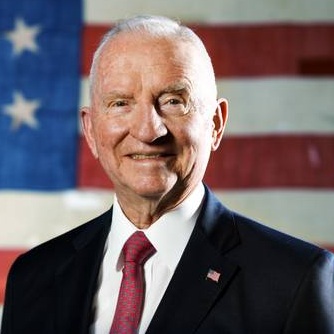
The reason for Ross Perot’s inclusion on this list is the somewhat grassroots nature/origin of his presidential campaign. While being interviewed by Larry King, Perot said he had no intention to run but then stated that he would indeed run if “ordinary people” signed petitions and helped him achieve ballot access in all 50 states. That’s exactly what happened, but it is difficult to tell how ordinary those people were. A drive called “Draft Perot” was coordinated by Perot’s friend Tom Luce, the real estate arm of Perot Systems. As a result of his efforts and genuine goodwill, Ross Perot managed to appear on all fifty state ballots. Despite losing to both Bill Clinton and George H.W. Bush, he managed to win several counties and received close to 19 percent of the popular vote, the most won by a third-party presidential candidate since Theodore Roosevelt in 1912.
5. Grover Cleveland, 1884
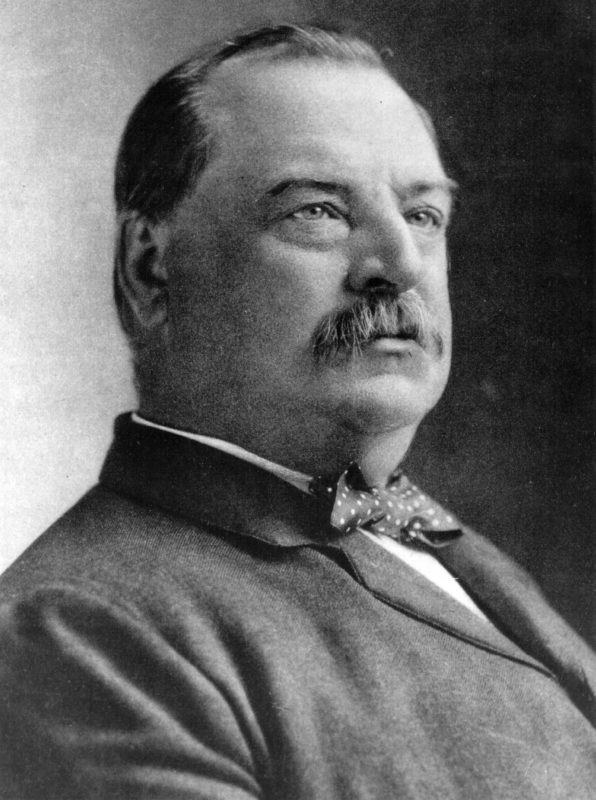
The 1884 election was marked with scandal, and it’s somewhat miraculous that Grover Cleveland overcame such circumstances to win the presidency. Luckily for him, the campaign also saw his opponent, James G. Blaine, marred by indiscretion. The Republican party had reached a crossroads by 1884. President James B. Garfield had been assassinated and the party lacked leadership. Just as it seemed that Grover Cleveland, the Democratic nominee, would waltz into office, a paternity scandal was made public. It was revealed that Cleveland was having an affair with a widow in Buffalo, and that he had fathered a son with the woman. The Republicans seized on the paternity scandal, mocking Cleveland by chanting the rhyme, “Ma, Ma, where’s my Pa?” Soon after, the Democratic nominee was reported as sitting idly by as a minister insulted Irish and Catholic voters. Cleveland would win the election by a thin margin, securing less than a half a percent more popular votes but managed to secure the 218 electoral votes needed to win the election.
4. Donald Trump, 2016
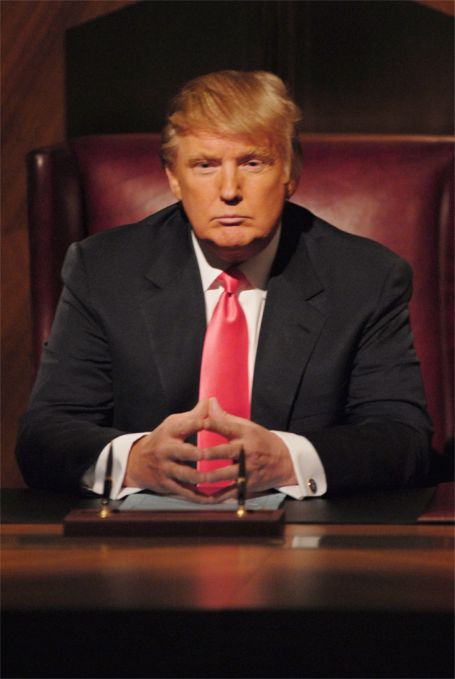
After hinting in 2012 that he would run for president, Donald Trump made the decision to seek the highest office in the land in our current political race. Considered a joke by many pundits, Trump has risen to the top of the polls. The rise of Donald Trump has led many to believe that he has revealed the true face of the Republican Party, while others argue that he has been catering to the far right and most vocal part of the party. Like many others on our list, Trump has used his outsider status to appeal to voters who have grown tired the government’s collection of professional politicians. His controversial statements on the banning of Muslims and immigration have seemingly endeared themselves to a part of the Republican Party, but it still seems unlikely that he will win the party’s nomination.
3. Herman Cain, 2012
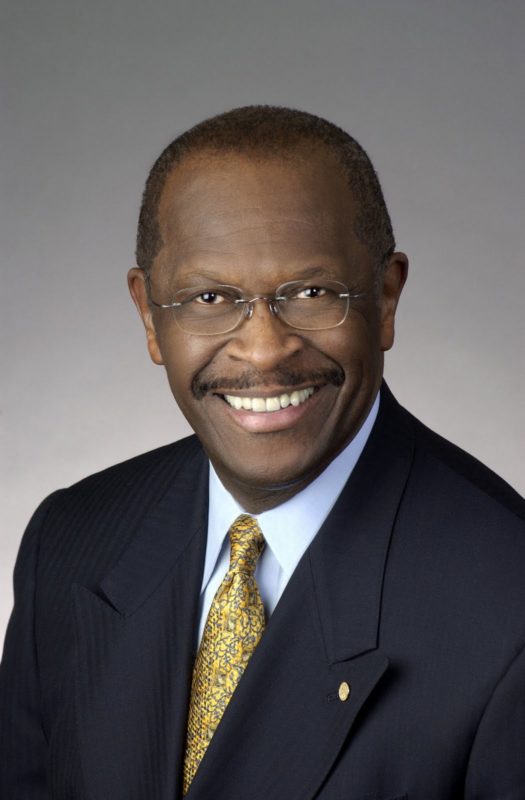
The rise and fall of Herman Cain is probably the most entertaining on our list. Despite never holding office and being a complete outsider in the Republican Party, Cain was able to gain traction in the primary before having to withdraw after allegations of sexual misconduct ended his run. Up until October, Cain was one of the leaders in the polls and became one of the favorites of the Tea Party movement. One of the biggest parts of his campaign success was his 9-9-9 plan. The economic plan replaced most federal taxes and instead had a system that would have a 9% tax on business transactions, personal income and sales. The plan would eliminate the payroll tax, capital gains tax, and the estate tax. Soon after he gained momentum, a woman came forward detailing an extramarital affair that lasted for 13 years and Cain was forced to suspend his campaign.
2. John F. Kennedy, 1960
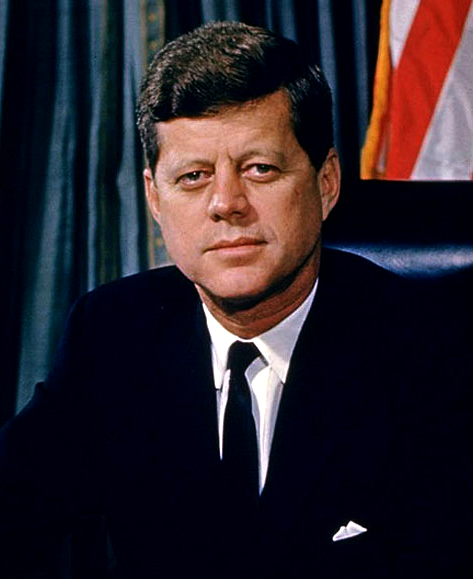
While John F. Kennedy is now one of the most famous Presidents in United States’ history, his ascension to the highest office in the land came only after he proved many pundits wrong. Many pundits and even party members thought that Kennedy was better served as a Vice President, so much so that he had to state numerous times that he was running for President, not Vice President. In addition, John F. Kennedy was a Catholic and he had to dispel all the myths and rumors of his obedience to the Pope. Another great surprise in the election was Nixon’s debate superiority failing to resonate amongst voters. It has been widely noted that voters listening to the debate on the radio believed that Nixon was far superior but those watching the debate preferred Kennedy, as Nixon failed to wear makeup like his opponent. John F. Kennedy would go on to win the election by a slim margin.
1. Barack Obama, 2008
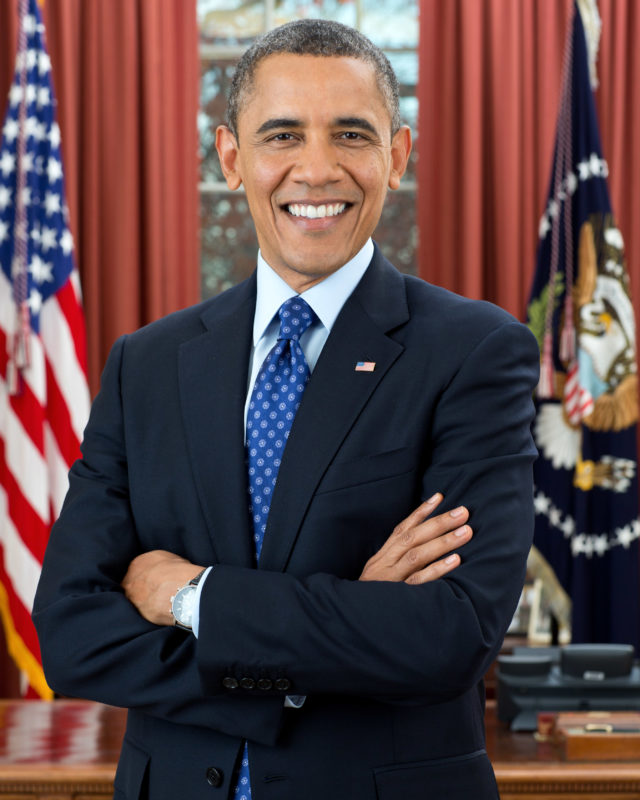
Our most surprising presidential run has to go to our current President, Barack Obama. Before the 2008 election, few had even heard of the Junior Senator from Illinois. Even Barack Obama’s run for the Senate came with more than a few surprises. Jack Ryan, the Democratic primary favorite, had allegations released that he pressured his wife to perform sexual acts in public. As a result, Obama coasted into the office, winning nearly 70% of the vote. His run to the presidency would be far more difficult going against presumptive nominee, Hillary Clinton. Running against a political machine like the Clintons, the Obama campaign established an unprecedented ground game that focused on the early states in the primary. The Obama campaign used the momentum from the Iowa Caucus to propel his campaign forward. The rest, as we say, is history with Barack Obama securing the nomination and handedly beating John McCain to take the Oval Office.
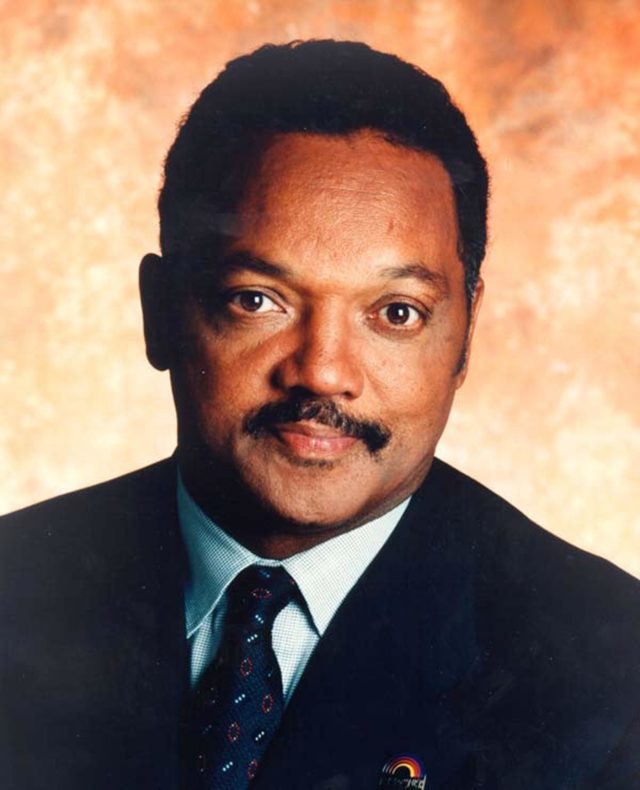
5 Comments
PS: I forgot to sign that.
Does it even matter unless you win?
It can. Losers at the Presidential level can still have a major effect on their party’s platform and future. A good example would be Reagan in 76, who lost the GOP nomination to Ford, but kept his head high and tried to encourage some party unity. As a result, the GOP moved to the right after the election and Reagan was pretty much a shoo-in for the election in 1980.
5 minutes. Agreed!
Uh, no. At least on Obama.
Obama was a potential favorite way back in 2004 after he spoke at the DNC and received resounding support. Entering the election, he was a bit of a dark horse in comparison to Hillary, but his victory had a lot more to do with Hillary’s inability to manage her campaign and budget. He really wasn’t a surprising candidate.